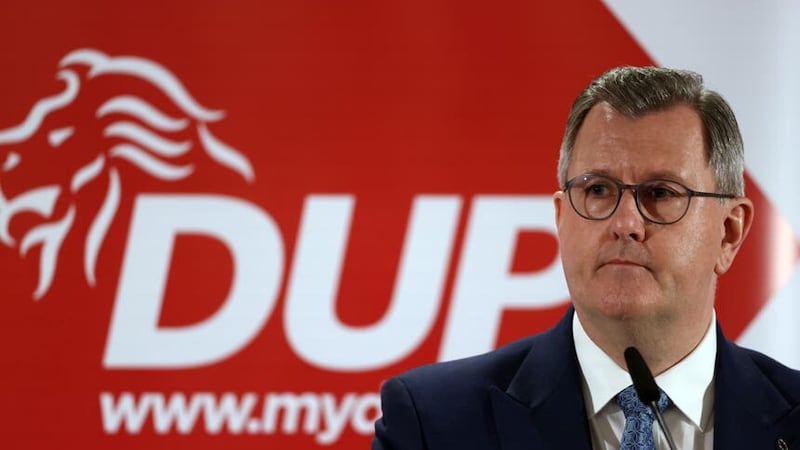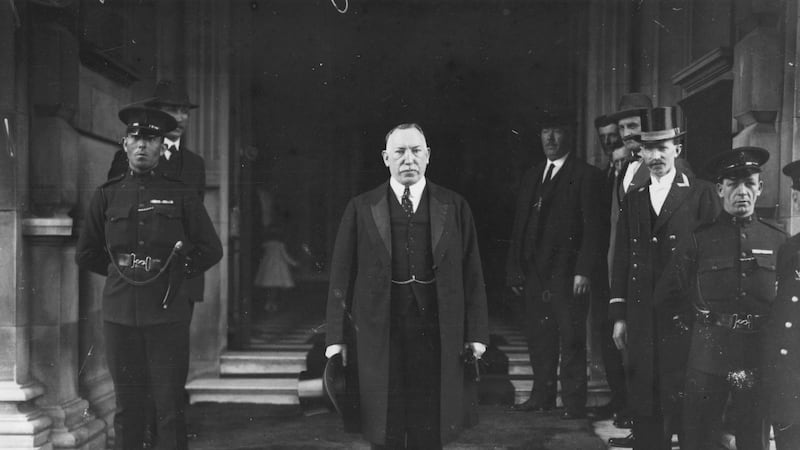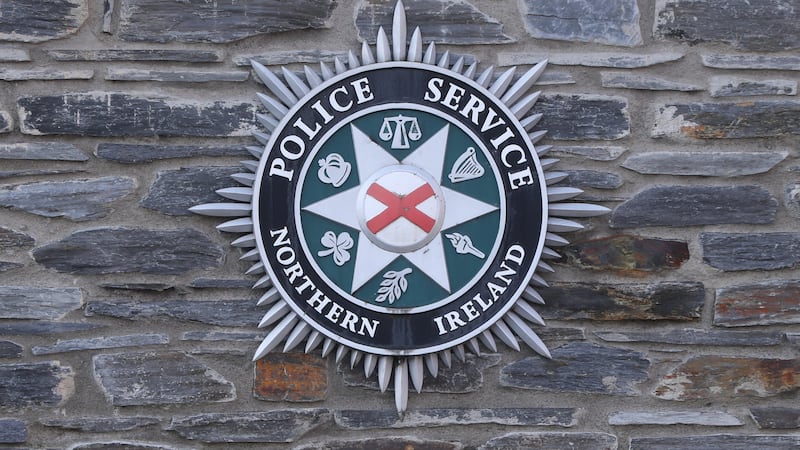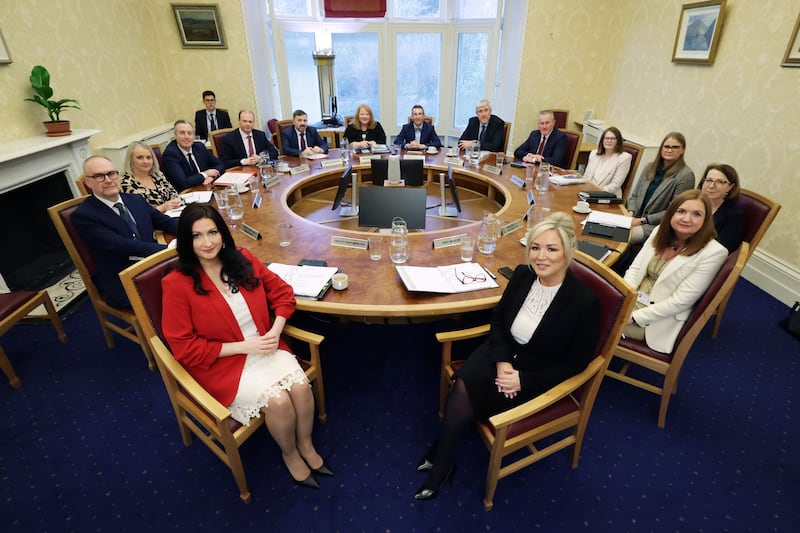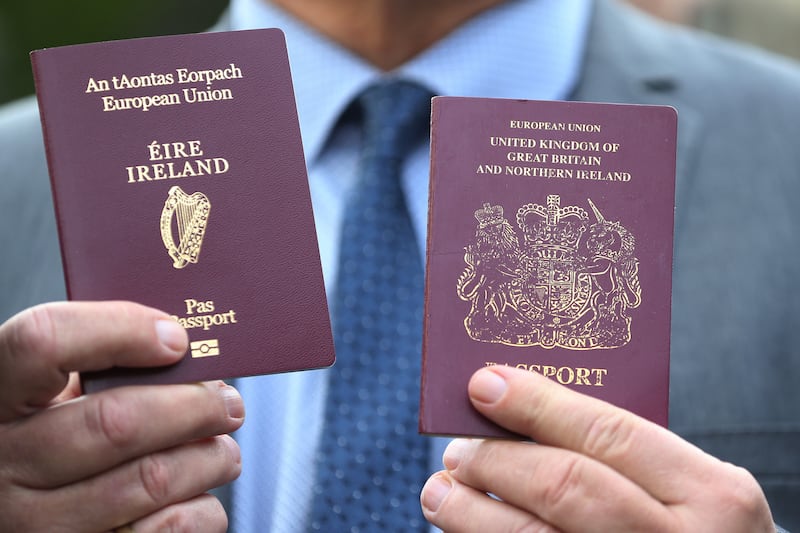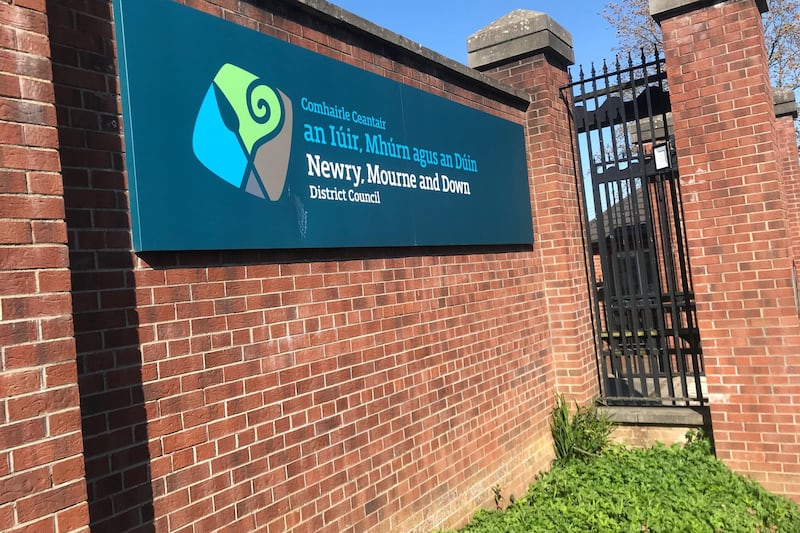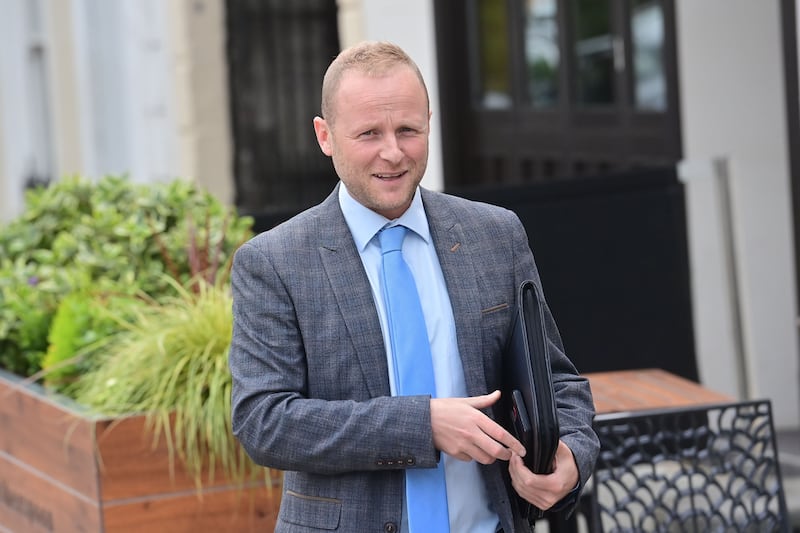The DUP has vowed to refocus local government on its "core services", banishing an "increasing list of additional activities" and what its leader termed "pet projects".
The party has promised a review of council resources to ensure ratepayers' money is spent in the "most efficient and effective way possible", while endeavouring to eliminate the duplication of services already provided by central government.
The DUP is running 152 candidates in next Thursday's council election, 20 less than in the corresponding poll in 2019, when it retained its position as the largest party in local government with 122 seats.
Its manifesto says the party is "committed to securing the lowest possible rate increase" in the current financial climate, and urges a review of business rates that reflect "commercial realities and business trends". The DUP also advocates targetting those who fail to pay rates, while also initiating reviews aimed at maximising each council's income streams and "reallocating non-core services which could be managed better by others".
"The Democratic Unionist Party has always championed the cutting of wasteful spending and keeping the rates burden to a minimum for hard-pressed rate-payers," Sir Jeffrey Donaldson told Thursday's manifesto launch in Belfast.
"That means focusing on what matters rather than political pet projects – too often some parties in councils would prefer to focus on the issues over which they have no power and which don’t impact on our day-to-day lives – and they do so at the expense of the core council functions which the public rightly expect to be delivered efficiently and at the lowest possible cost."
The party argues that there are thus far unrealised opportunities for co-operation between councils, particularly in relation to waste management and procurement.
It calls for a reform of the planning system, which has been devolved to councils since 2014, calling for strong deadlines for statutory consultees, specified processing times for applications and a monitor of "conditions and consistency of approach" across councils.
In addition to its local government agenda, the manifesto dedicates its opening pages to the Windsor Framework and the party's associated boycott of the Stormont institutions.
Sir Jeffrey said the party's stance had been "vindicated".
He said that while the revised protocol deal represented "significant progress across a number of areas" it failed to address "some of the fundamental problems at the heart of our current difficulties".
The DUP leader said he has considered the report he commissioned from the Peter Robinson-led panel and concluded that the framework did not meet the seven tests outlined in last year's assembly election manifesto.
"Consequently, more work is required by the UK government if we are to secure the necessary conditions for a return to the Northern Ireland Executive," he said.
Sir Jeffrey said the party was seeking legislation that honoured the British government's commitment in the New Decade New Approach agreement to "protect Northern Ireland’s place in the UK internal market".
The Lagan Valley MP said while canvassing during the campaign it was "clear that those who support the union want to see a unity of purpose amongst their elected representatives".
"Transfers will matter and the decisions taken next Thursday will help shape the direction of Northern Ireland over the next few years," he said.
"The last election must act as a wake-up call for unionists – divided votes handed seats to the opponents of the union."
